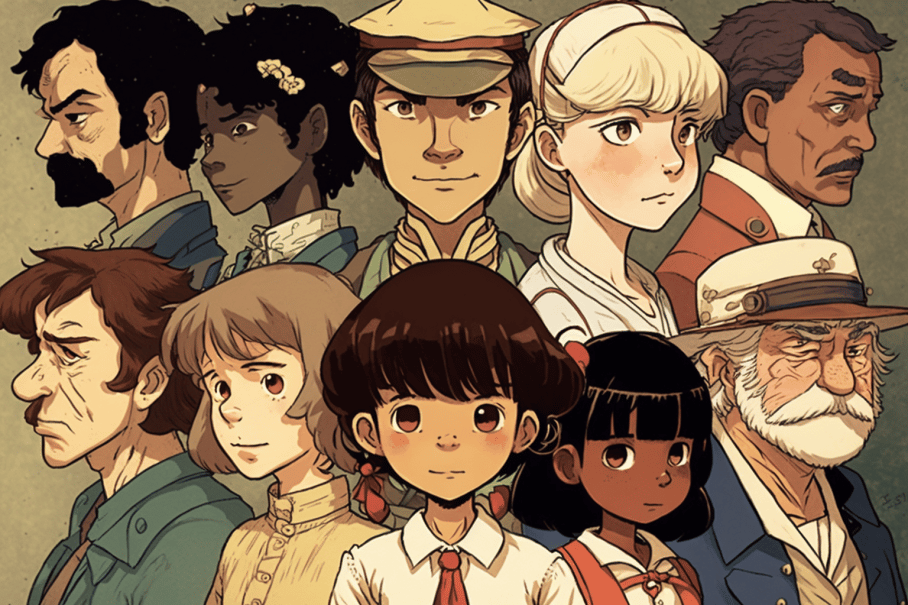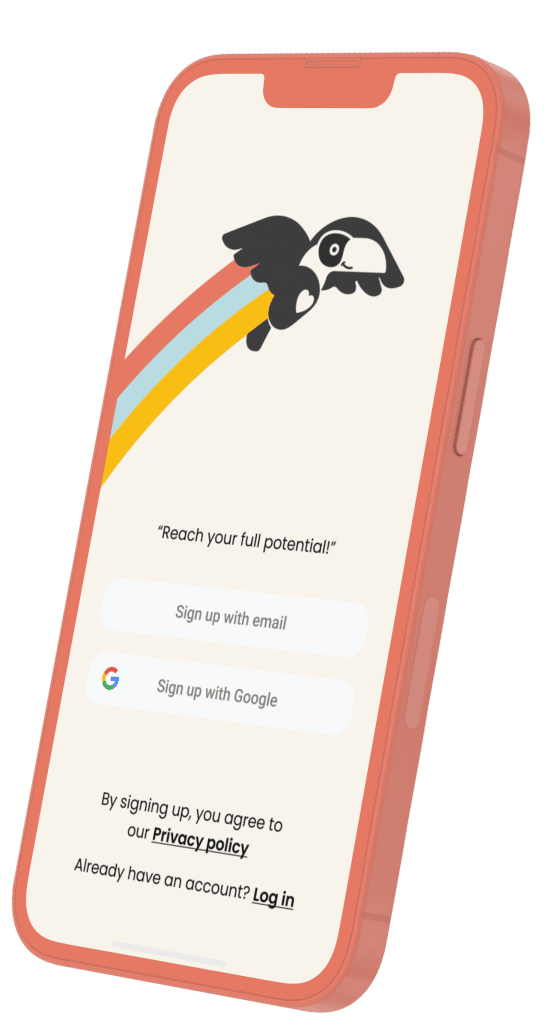What are diversity and inclusion?
What does diversity mean? It is the condition or fact of being different or varied. Understanding this situation means being aware of the fact that each individual is unique and has different backgrounds, ideas, and behaviors.
The dimensions of diversity can be race, ethnicity, gender, sexual orientation, socio-economic status, age, physical abilities, religious beliefs, political beliefs, or other ideologies.
What is the meaning of inclusion? This is more to do with the attitude and behavior being an environment that is welcoming, accepting, and values the differences that each individual holds. To operate a diverse team there needs to be a level of inclusion so members feel equal and open to expressing themselves.
Why are startups embracing diversity?
Startups strive for a unique blend of different people because there is talent in all demographics. Startups care more about what skills and perspectives each person can bring to the table to cover a different wide range of strengths. They care more about if you as a person fit into the startup environment. Each person’s unique traits bring with them wisdom and insights which others may not see or understand and vice versa, providing a more enriching feedback culture.
The benefits of diversity in the work environment are more interesting: it is nice sometimes to be shocked about some habits or practices and to challenge yourself in trying to understand why a person says something or thinks in a certain way.
Exposing people to different cultures and perspectives can help team open their minds to see the world through a different lens, broadening their ability to think outside the box.
Startups that prioritize having a diverse team also see a clear benefit when it comes to companies’ overall performance. A global analysis conducted by credit Suisse of 2,400 companies found that large-cap companies with at least one woman on their board outperformed their counterparts with no women by 26 percent!
The first step is understanding diversity, and being aware that it is not an obstacle but an opportunity. Even if it could make conversation and confrontation harder, let’s think about language differences as an example, it’s a chance to learn something new about other thinking styles and ways of living. Diversity stimulates curiosity and makes our lives more intriguing and less boring.
A study by North Western and BYU waited to compare the outcomes of having a group of people with similar demographics and who were familiar with each other vs those who were different and new. The study conducted that the groups that were a mix of new and familiar team members were able to problem solve much more effectively than the groups who all held the same demographics.
What are the challenges of diversity?
In the working environment, diversity could make processes harder because of the need for agreeing on common decisions. Accepting the work of others even if it is not done in the same manner as expected is important. Although it can be challenging, diversity in a team is crucial to get out of the comfort zone and be more innovative.
When different people join the team, it is also important to assess whether the manager and the team can handle this diversity. Having different approaches to managing the workload, or having more opinions and points of view to handle, can be challenging. People need to feel comfortable in dealing with the new employee and not everybody is open to it. And this needs to change if we are to evolve.
Even though diversity and inclusion is a key benefit for startups, they can sometimes cause complications and conflict. Some people still hold certain biases about people different from them both actively and even passively. Understanding one’s biases are important for growth. If someone is not willing to understand or even discriminate against someone else different from them, it can create a toxic work environment for everyone.
A glassdoor study was conducted in 2019 on the subject of diversity and inclusion in companies located in the United States, United Kingdom, France, and Germany. The study found the following figures:
- 49% of employed adults have witnessed or experienced racism/ageism/gender or LGBTQ discrimination in the workplace
- 33% have witnessed or experienced gender-based discrimination at work
- 34% have witnessed or experienced ageism discrimination at work
- 30% have witnessed or experienced racism at work
- 24% have witnessed or experienced LGBTQ discrimination in the workplace
From these findings, we can see that discrimination is still a big problem in the workplace. Startups need to develop a health feedback environment and foster an attitude of having zero tolerance toward any form of discrimination.
The problem with the lack of diversity in certain professions and positions
There is also a lack of diversity within certain fields which can be hard for startups to build a diverse workforce. Certain demographics are more diverse than others however when looking at the tech field we are seeing that it is not as diverse as one may think.
A survey done by First Round Captial concluded that founders are struggling to find equal race/ethnicity balance in the tech field. In this survey startups were asked, “when do you think the tech industry will be representative of the general population when it comes to race/ ethnicity”. Most voted it might take 1 to 2 decades to be fixed!
The same study also asked the question “ what do you believe is the primary cause of underrepresentation of women and ethnic minorities in the tech industry?” and concluded that most people agreed that there are not enough women and minorities going into tech. The second most voted cause for this underrepresentation was to do with unconscious bias in the hiring process, which is employers hiring based on their bias for certain demographics. This is a big issue in modern hiring practices and there are methods to overcoming unconscious bias later in the next section.
What can startups do to build a healthy diverse team?
Start early on
As Naren Shaam, the CEO of Goeuro says “ Start early, this is the best way to create a diverse work base and inclusive environment. The first hires are crucial.”
It is important to come with the mindset of wanting to hire new team members from a wide range of different people for different positions. This can be done by using blind CVs, where recruiters are not given certain demographic information about the applicate to prevent biased decision-making. The main goal is to look at the key qualities and interests that the talent puts in their CV.
Understand your and your team’s unconscious biases
Do you have any biases against people with different from you? Do you behave differently when talking to someone that is a different gender or that had a different accent? Most open-minded people will not think so however we are sometimes blinded by the way differences can passively change their attitudes. Unconscious bias or diversity training for individuals or teams can be a great way to have a team that is educated and aware of these aspects.
Develop a functional feedback system
If a startup values the importance of diversity, it must value the opinions and concerns of all its employees. Open communication is key, everyone from all positions should have a place and or a person to go to if they have comments about the topic. If an employee feels discriminated against, there should be a procedure in place to help them and fix the conflict with the appropriate action.
Set policies to protect people from discrimination
Most startups with healthy diverse teams almost always have a zero-tolerance policy towards discrimination. Employees need to feel protected and secured that they shall not fall victim to discrimination and if so, that they can seek justice. These policies are usually added within an employment contract, and if broken can lead to penalties and even being asked to leave their position
Hire a CDO ( Chief Diversity Officer)
What is a CDO? The chief diversity officer is a senior leader who develops and implements diversity, quality, and inclusion initiatives within the organization. They are responsible for diversity management, supporting talent, and engaging teams’ goals to allow advancements for everyone equally within the organization. They are also responsible for monitoring and implementing strategies to better relations among team members while educating them on the topic.
Conclusion
The world is becoming more interconnected and startups in the modern day see the benefits of having diverse teams. It’s important to keep in mind that we still have a long way to go. When a team is open-minded then it is possible to handle diversity and the key is to focus on similarities. Instead of highlighting what are the differences, it’s worth a try to think about or discover what are common interests or ideas. It is always important to remember beyond skin color, gender, sex, and orientation we still share the same crucial thing and that is we are all human beings.
Want to join a startup in Europe? Find the latest job opening now!


